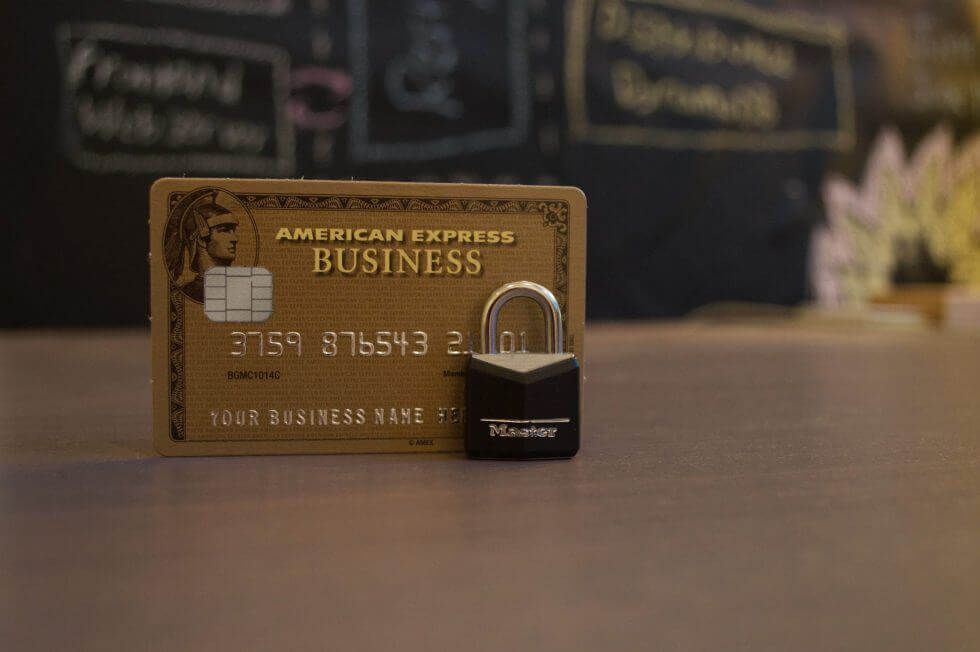If you’ve been getting phone calls from a debt collector, you’re probably a bit stressed out… or even in a state of panic.Relax.Believe it or not, not all hope is lost when you’ve had an account go to collections.We want to help you understand how to deal with a debt collections agency and get your finances back on track… in three easy steps. So let’s jump in:
- Take Their Phone Call
When it comes to debt collections agencies, one thing is for sure: They won’t go away if you ignore them.And the more information you have early on, the easier it can be for you to deal with them and begin the process of moving on with your life.Therefore, consider taking that first phone call.Don’t succumb to any tactics to get you to pay right away, and don’t give out any personal information over the phone.Just ask them for details such as what company they bought the debt from, the original creditor if it’s not the same as the company they bought the debt from, how much you owe, any fees that might have been added on, and what their collections process usually entails.According to the Consumer Financial Protection Bureau (CFPB), the debt collections agency must give you this information.
- Back check the Debt Collection Agency
The next thing you’ll want to do is validate that the debt is yours and that the debt collection agency contacting you is the legitimate owner of the debt. A good first step could be to call the original owner of the account — the lender or financial institution you were working with in the first place — to gather some information.Ask them questions such as whether or not they sold your account to a collections agency, when they did it, and who they sold it to. The more information you can get from them, the better. Then compare the name, address, and phone number of the collections agency they’re saying they sold to in order to make sure it’s the same company you’re hearing from. Once you know that the agency you’re dealing with legitimately owns your debt, the next step could be to ask them for validation of the debt. You might want to skip this step if you know for sure that you owe it, at which point you might do better to start the process of negotiating with them instead of dragging out confirmation of the debt.
- Work Out a Deal
Finally, it’s time to negotiate. Remember, debt collections agencies often buy debt for much less than the original amount. They might want to get that entire amount, but there’s a possibility that they’d be willing to take considerably less. They likely only paid pennies on the dollar when they purchased the debt from your original lender.In order to work out a deal, you’ll want to figure out what you can realistically do. A large sum of money at the ready could help you settle the debt entirely. Or let’s say you know you can handle paying a certain amount of money each month on the debt. In that case, you may want to offer that proposal to the debt collection agency and see if they’ll turn it into a payment plan for you. No matter how forcefully they might try to get you to pay in full right away, realistically they probably know it’s not possible. Showing effort to either settle the debt or take on a payment plan can potentially help you get a more reasonable repayment solution. Once you come to an agreement, make sure you get it in writing. Do not send any money to the debt collections agency until you have an agreement in writing, as you could end up in a situation in which another collector at the agency says they have no knowledge of the agreement, and starts asking you to pay more money. Having a debt go to collections can be scary, there’s no doubt about it. Try to remember in the process that you have more leverage than you might realize. Remain calm in your dealings with the collections agency, show a good faith effort to repay, and stand up for yourself if the agency engages in abusive practices. Preventing situations like this is quite possible. How? By using a tool like Dovly! Dovly’s AI credit engine can get you a head-turning credit score with credit (re)building, monitoring, alerts, scores, tips, and tricks – all in one place. Try it risk-free with our free membership tier.



